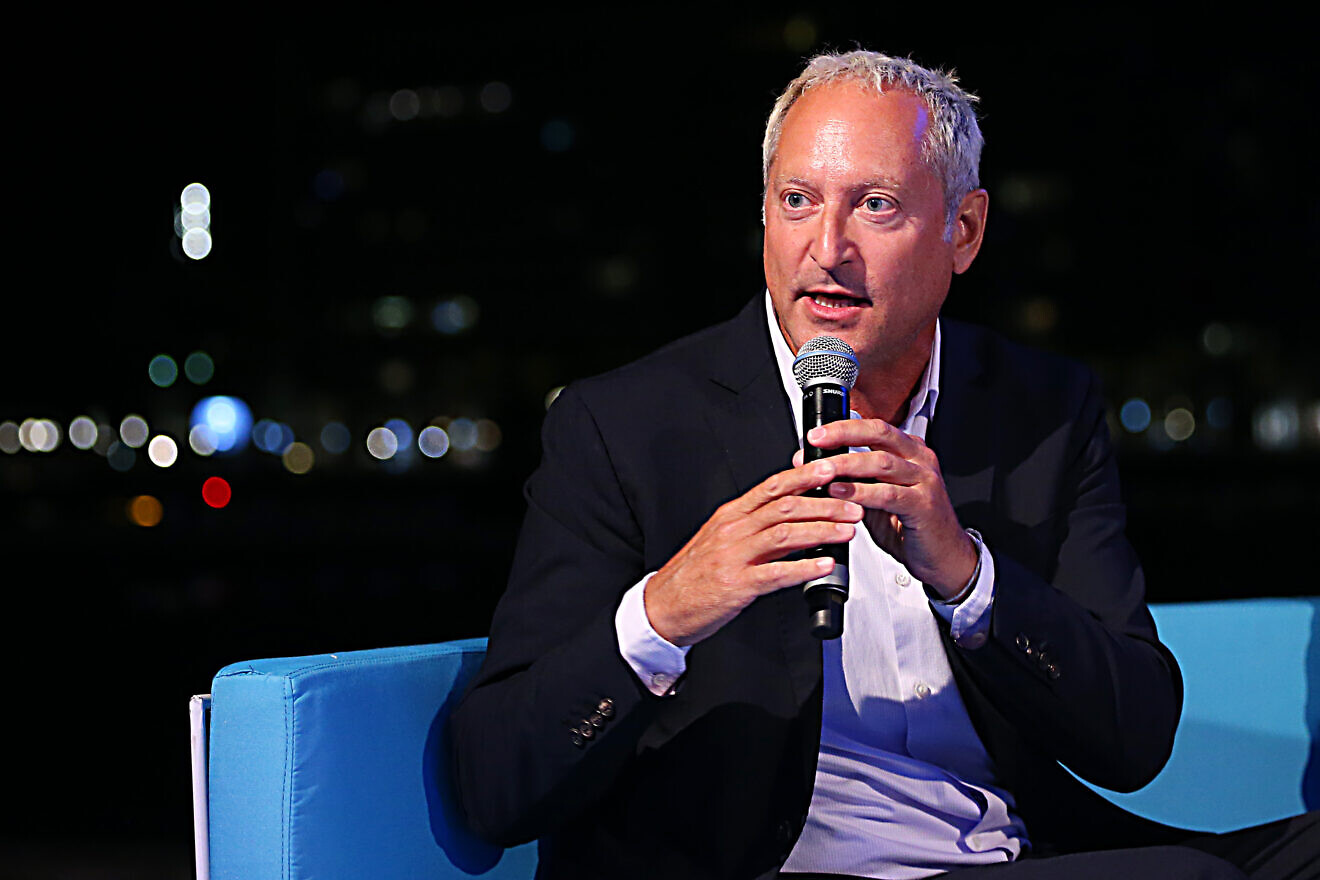Daniel Birnbaum, the former CEO of SodaStream, has unveiled a controversial proposal to offer substantial financial incentives to Palestinians who assist in returning Israeli hostages held in Gaza. In an interview with Israel Hayom, Birnbaum elaborated on the reasoning behind his plan and expressed optimism that it could facilitate the release of captives.
“I’ve spent an entire year searching for a way to help the hostages’ families and the country,” said Birnbaum. He explained that following the elimination of Hamas leader Yahya Sinwar in southern Gaza on Oct. 16, he had an “epiphany.” It was sparked, he said, by Israeli Prime Minister Benjamin Netanyahu’s statement about granting safe passage and immunity to those who return hostages.
“It was a new approach, but he missed the third element—the reward,” Birnbaum noted. “Once you include the third element, the hope for a better life and not just survival, it becomes an offer that’s much harder to decline.”
Birnbaum acknowledges the complexities inherent in such a proposal. “The challenge lies in the execution: How to provide the money without endangering lives,” he said, stressing that it would have been preferable if such an offer originated from the government or an American entity. “I want to avoid a repeat of the tragedy where six hostages were killed, and I imagine the captors are already exhausted and hungry,” Birnbaum added. “We need to act now, not wait.”
Addressing the reactions to his initiative, Birnbaum said, “I’ve received various responses, including accusations of being a populist and endangering hostages by potentially sparking clan wars over money. My response is—haven’t the hostages been at risk all along?”
He revealed that he only announced the plan after extensive consultations. “Before going public, I consulted with over 20 senior officials, including former Shin Bet [Israel Security Agency] members. I concluded that now is the time for action.” He emphasized that the immediate step that needs to be taken is to convey the message to those in the tunnels. “They don’t have access to Israeli news or phones. The way to reach the tunnels is through leaflets, which need to be distributed by the army,” Birnbaum explained. “I believe the government wants the hostages back, and it’s not just about motivation but also about effective communication.”
Q: Have you received responses from Palestinian sources as well?
A: I’ve received over 100 messages on my phone, some in English and some in Arabic. I have a team currently sifting through them. I forward potentially relevant messages to the security officials. [Some of the messages have included images of Sinwar with a weapon, inappropriate content and occasionally genuine inquiries about participants’ safety.] Some messages ask how they can be assured of their safety, which gives me the impression they might be authentic. I pass everything to the security system, hoping they’ll follow up appropriately.
“An alternative path for Hamas members and their families”
Birnbaum also discussed the challenges involved in negotiating with Hamas. “Negotiating with Mohammed Sinwar [Yahya Sinwar’s brother] is futile. For Gilad Schalit, 1,027 security prisoners were released. In my view, we don’t have enough security prisoners to meet their likely demands,” he said.
This perspective perhaps fuels Birnbaum’s optimism about his initiative. “This situation may have created an unofficial civilian channel to Hamas,” he said. “With all due respect to the Shin Bet’s work, this could offer an alternative route for a Hamas member whose family is suffering from hunger and injuries,” he added.
“Based on the messages I’m receiving, there seems to be a new line of communication that didn’t exist before. I’m willing to hand over my phone to the security system. Out of the multitude of messages, one or two might have potential. It won’t be straightforward, as each hostage is guarded by several people. I received a message where someone wrote ‘I’m deleting this so it won’t be seen.’ It makes you wonder if it could be a trap to lure IDF soldiers.”
Q: Do you believe the state should have made such an offer?
A: It’s a dynamic situation. There are numerous reasons not to pursue this course of action. However, after more than a year, we must be open to new approaches. We can’t keep repeating yesterday’s strategies tomorrow. Given the current chaos and fear, this presents an opportunity. There’s no one to negotiate with directly, so we should explore alternatives.
The state has already implemented two-thirds of what the prime minister proposed, so I suggest we add the financial incentive. Let’s give them a chance to make a decision, which could be influenced by family pressure. Their families might advocate for accepting this offer to avoid further loss of life.
We have many hostages, and each one represents an entire world. My hope is that this effort will leave me impoverished. I’m willing to become destitute for this cause. People are offering to contribute financially, but that’s not the point. What’s crucial is that this offer reaches those in the tunnels and that they find it credible.
Originally published by Israel Hayom.


























